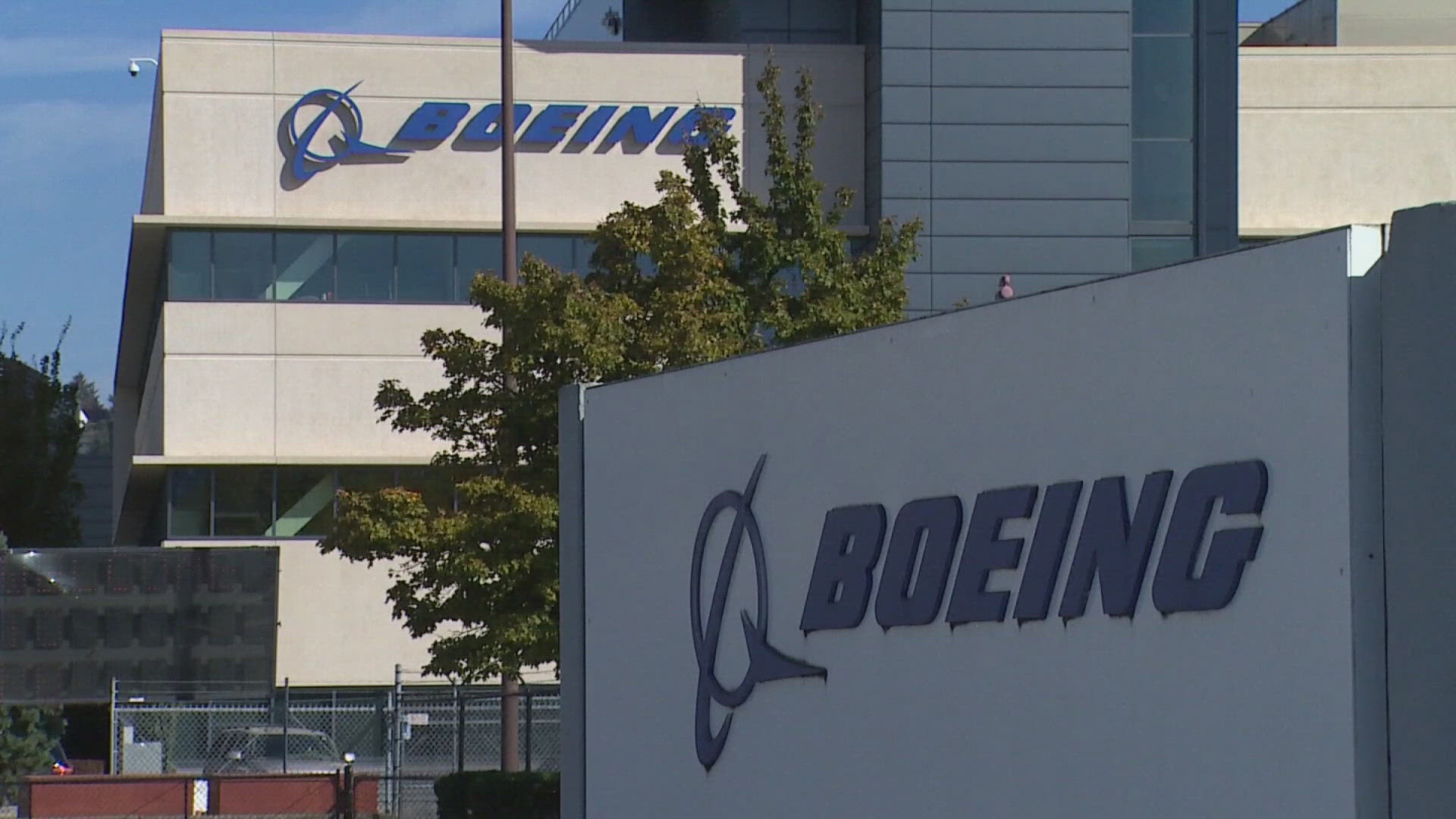ST. LOUIS — St. Louis has recovered from the pandemic better than many other large metro areas, but over the long term, it's performed poorly for growth, new reports say.
The region has been average or strong in a number of metrics for economic indicators amid the COVID-19 recession, the Brookings Institution said.
For example, the Washington, D.C., research nonprofit said St. Louis' median list price of for-sale homes was up 16.6% in January compared with a year prior, 11th best of the 53 largest metros.
And its average percent change in visits to workplaces was -27.6 year-over-year, again 11th best.
Brookings also said St. Louis ranked:
- 12th for commercial vacancies (+0.3%)
- 18th for change in number of jobs year-over year (-4.9%)
- 18th for change in total active for-sale homes (-41.3%)
- 21st for change in unemployment rate (+2.7%)
- 21st for median contract rent for new multifamily leases (+2.5%)
- 24th for change in airport passengers (-60.2%)
- 24th for change in volume of hours worked at businesses (-30.7%)
- 30th for average change in small businesses open (-28.%)
- 31st for change in unique job postings (-0.2%)
St. Louis struggles most, though, when measured over a long period.
Another Brookings measurement released this month tracked the inclusive growth performance of the largest 192 U.S. metro areas.
For growth from 2009 to 2019, St. Louis ranked 44th among the 53 largest metros.
In four other measurements, St. Louis ranked:
- 30th for inclusion, or measurement of how employment and income are distributed among individuals
Click here for the full story.



